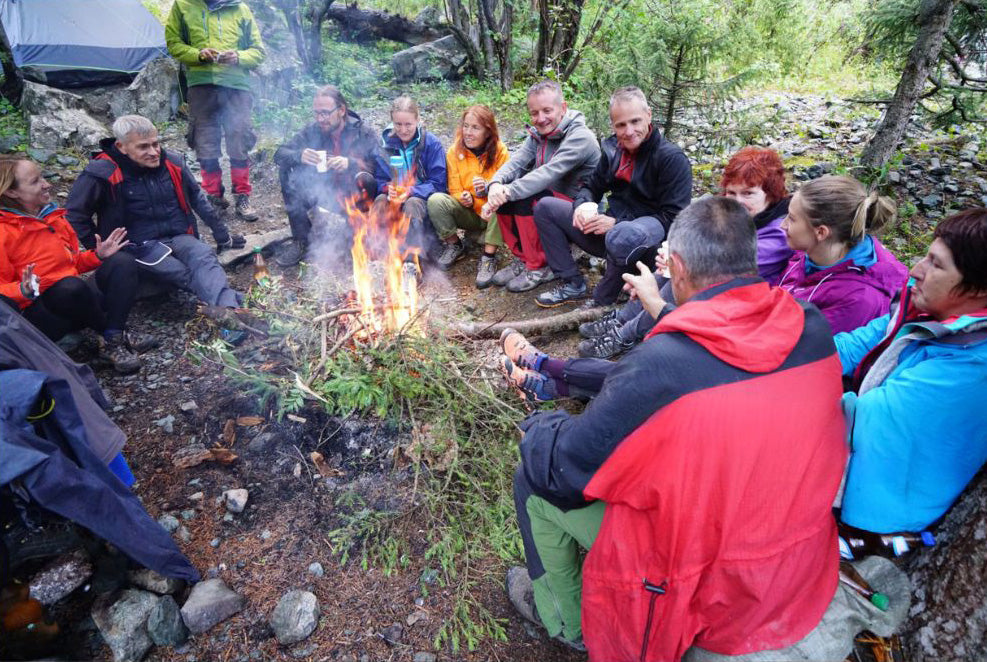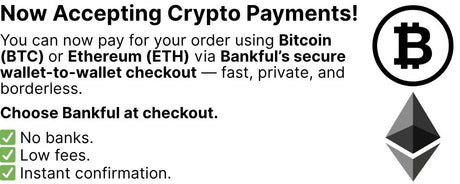There’s truth to the old saying: “There’s safety in numbers.” Throughout history, people have relied on communities for protection, food, shared skills, and emotional support. In a crisis, a strong survival community can mean the difference between chaos and coordination, panic and resilience.
Today, many of us live disconnected lives—passing neighbors with a wave, living in cities where interaction is minimal, or choosing privacy in rural solitude. And even among preppers, a lone-wolf mentality is common: stay quiet, don’t attract attention, keep preparations private. While discretion has its place, it can also be a major barrier to forming a strong, dependable network.
This guide walks you through how to carefully and thoughtfully build a survival community—starting with family and extending outward with trust, strategy, and skills.

Start With Family
For most, prepping begins at home. Spouses, children, parents, and siblings are the natural starting point for a survival community. It's unlikely you'd abandon your loved ones in a crisis, so they should be the first people you engage, train, and plan with.
Have Honest Conversations
- Introduce preparedness gently—use examples like power outages, rising food prices, or natural disasters to open dialogue.
- Involve children in age-appropriate ways without fear-mongering. Framing it as “learning to take care of ourselves” makes it approachable.
Teach Skills
- Make hands-on learning fun: garden together, forage safely, build first aid kits, cook over an open flame, and preserve food.
- Rotate who teaches what—sharing knowledge builds confidence and group memory.
Expand to Extended Family
Next, talk to siblings, cousins, parents, and in-laws. They’re familiar, trustworthy, and may already share concerns about the future—even if they’ve never voiced it.
Encourage Independent Preparedness
- Recommend small first steps: storing extra food and water, buying a first aid kit, or learning how to use a radio.
- Some may surprise you—they’re already prepping but kept it to themselves.
Use these conversations to identify those who are capable, willing, and aligned with your vision.
Evaluate Community Strengths
List out everyone in your core and extended circle. Evaluate each person’s:
Demographics
- Who is physically fit?
- Who has young children or elderly family members?
- Who has chronic medical needs?
Skills
- Medical: doctors, nurses, EMTs, caregivers
- Trades: carpenters, electricians, plumbers, mechanics
- Homesteading: gardeners, foragers, hunters, cooks, animal handlers
- Military, law enforcement, or defense experience
- Teachers, counselors, or mediators
- Librarians or knowledge keepers for reference and skill preservation
Weaknesses and Gaps
Every community has strengths and blind spots. Identifying your gaps helps guide who to invite next and what training to prioritize.
Include Spouses and Dependents
When evaluating your extended family or friends, remember: they don’t come alone. Spouses, children, and parents come as part of the package. While they may add logistical challenges, they also bring more hands, hearts, and potential skill sets.
Trust your family’s read on their partners—this helps vet reliability without having to start from zero.

Working With Neighbors
This is delicate. Most preppers are cautious about sharing details with neighbors. Start small and low-risk:
- Encourage gardening and food swapping.
- Barter-friendly setups: someone grows tomatoes, another tends fruit trees, someone else raises chickens.
- Keep it casual and outside the core survival circle—for now.
Over time, these relationships may evolve into stronger community ties. Just move slowly and assess character over convenience.
Friends and Acquaintances
Not all friends are equal. Consider their trustworthiness, resourcefulness, and the family members they’d bring. If they’re reliable, adaptable, and skillful, consider them. If they’re a liability, offer limited support—but don’t risk your group’s survival.
Don’t Have Local Connections?
If you’re new to an area, living alone, or have limited family, you’re not out of options. But proceed with caution when looking to build your network.
Where to Start Finding Fellow Preppers
If you're ready to build a survival community beyond your family and close friends, the following online resources can help you connect with like-minded individuals. Start slow, observe, and build trust over time before bringing anyone into your inner circle.
Online Forums & Communities
- PrepperGroups.com – A directory-style site that helps preppers connect with local or regional groups for real-world community building.
- My Survival Forum – A friendly, global survival forum with active discussions on prepping, homesteading, and wilderness living.
- The Prepared Forum – A modern, research-based prepping community focused on practical and evidence-backed advice.
- AR15.com Survival Forum – A large gun and preparedness forum with a strong community focused on self-defense, gear, and survival planning.
- Bushcraft USA – A wilderness and bushcraft forum where members share hands-on survival skills and backwoods knowledge.
Subreddits to Explore
- r/preppers – General prepping tips, Q&A, and gear reviews.
- r/homestead – Focused on self-reliance, gardening, and rural living.
- r/bugout – Escape plans, bug-out bags, and mobile survival strategies.
- r/Survival – Wilderness survival, bushcraft, and primitive living.
Other Places to Connect
- Meetup.com – Search for prepper, survival, or homesteading groups in your area and attend meetups cautiously.
- Facebook Groups & Pinterest: Use keywords like “Prepper Network [State]” or “Homestead Skills” to find niche groups. Avoid sharing personal information too early.
- Zello Channels: This real-time push-to-talk app is used by some preppers to practice emergency communication and coordination.
Tip: Be cautious when approaching new groups or individuals. Build relationships slowly and watch for consistency over time. Trust is earned, not assumed.
Volunteer Organizations
These groups attract like-minded people and offer hands-on training:
- CERT (Community Emergency Response Team): Local FEMA-backed volunteer groups trained for disaster response.
- Red Cross: Offers disaster relief, blood drives, and first aid training.
- ARES (Amateur Radio Emergency Service): Learn HAM radio and emergency communication skills.
Prepper Conferences
PrepperShowsUSA.com tracks meetups and expos nationwide. These events are great for networking, learning, and finding nearby allies.
It’s Not About the Gear
Stockpiles run out. Skills endure. Teach each other, share responsibilities, and document knowledge. Your value to the community grows with every skill you master.
Essential Skills to Develop and Share
- First aid, CPR, medical improvisation
- Gardening, composting, seed saving
- Food preservation: canning, fermenting, smoking
- Water collection, purification, storage
- Security: perimeter defense, watch duty, firearm training
- Cooking: for large groups, off-grid methods, open fire
- Interpersonal skills: leadership, conflict resolution, empathy
- Animal care: poultry, rabbits, livestock, butchering
- Foraging, wild edibles, natural medicine
- Communications: radios, Morse code, survival signals
- Heating and cooling: wood stoves, improvised systems
- Basic construction, plumbing, electrical repair
- Sewing, mending, leatherwork, cobbling
- Blacksmithing, tool repair, knife making
- Woodworking: log furniture, framing, shelter building
- Sanitation: waste disposal, DIY soap, hygiene, first aid
Leadership and Governance
Even among family, conflict will happen. Plan ahead:
- Choose or elect leaders based on trust, communication, and wisdom—not ego.
- Encourage open forums and calm, rational discussion.
- Use mediators for personal disputes if needed.
- Document community decisions and agreements.
Can It Work?
Absolutely. It’s worked for thousands of years. When governments fail, when systems break down, when chaos hits—people turn to people. Communities form. The stronger the bonds, the greater the resilience.
Start with who you trust. Build slow. Teach everything. Share what you grow. The future might be uncertain, but one thing is always true: we’re stronger together.
Equipped. Prepared. Ready. – Mountain Ready


